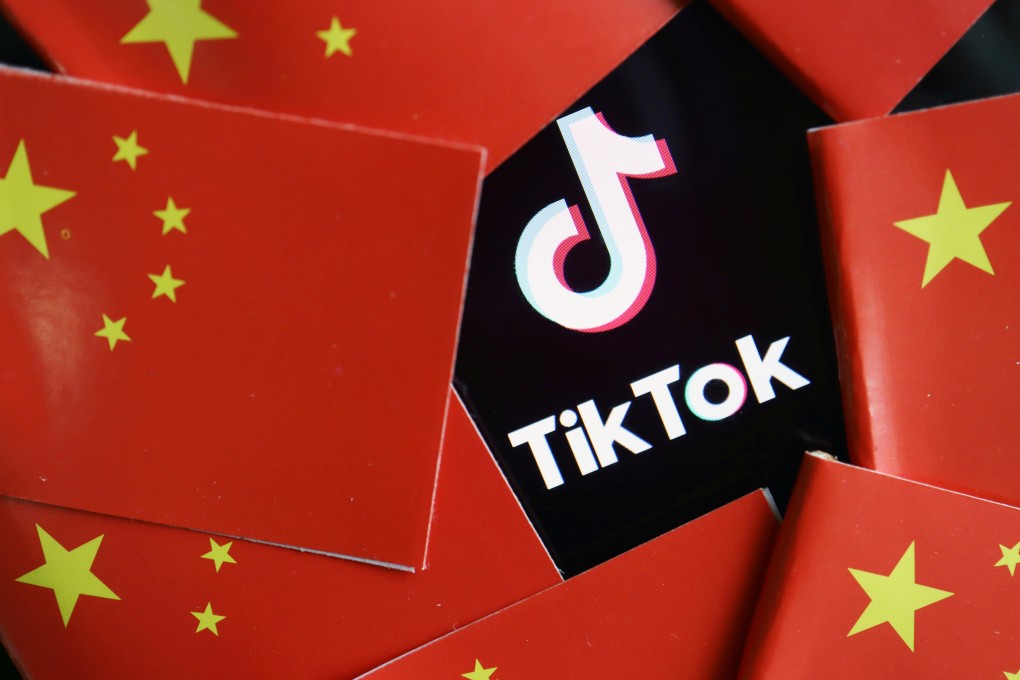TikTok’s Chinese owner ByteDance ‘prefers independent spin-off over Microsoft sale’ as Donald Trump threatens ban
- A source briefed on the discussions says management is reluctant to sell to US tech giant but is open to setting up a separate entity
- US President has said he wants to stop the video-sharing app, which is facing growing security and privacy concerns

TikTok could become totally independent from its Chinese owner ByteDance to continue operating overseas, according to a source who has been briefed on the discussions.
But the source said that despite reports that the video-sharing platform would be taken over by Microsoft, ByteDance founder Zhang Yiming and investors were reluctant to sell to the US company.
Over the weekend, US President Donald Trump said he wanted to ban the app, which has faced growing concerns internationally over privacy and data security.
Trump’s efforts to ban the app – through an executive order or emergency economic powers – could face a legal challenge, but it still threatens to cripple the business in the US if, for example, it is removed from Apple and Google’s app stores.

01:14
Trump gives Microsoft 45 days to buy TikTok from China’s Bytedance
Vanessa Pappas, the US general manager of TikTok, said the app is “not planning on going anywhere” and “we are here for the long run” in a video address after Trump threatened to ban it on Friday.
But if it is able to continue operating in the US, the board of ByteDance will agree to a complete spin-off for the overseas version of the app, which operates under the name Douyin in China.